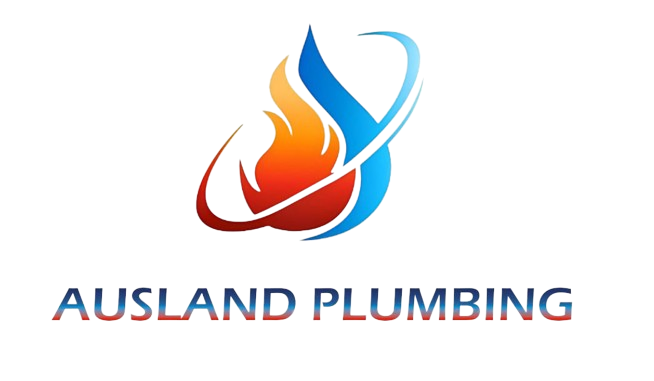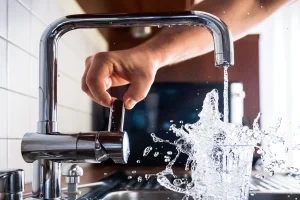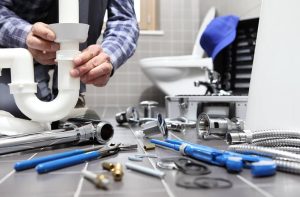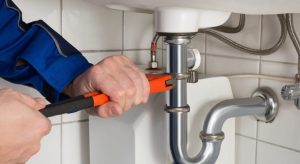In this blog, we’ll highlight the significance of regular plumbing maintenance in preventing major issues and costly repairs. We’ll discuss the benefits of scheduling routine inspections, identifying early warning signs of potential problems, and implementing proactive measures to keep your plumbing system in top condition. By understanding the importance of maintenance, homeowners can save time, money, and unnecessary stress in the long run.
When it comes to maintaining a functional and efficient home, the significance of regular plumbing maintenance cannot be overstated. Often taken for granted, the plumbing system plays a crucial role in our daily lives, providing clean water for consumption, facilitating waste removal, and ensuring the smooth operation of various household appliances. In this article, we will delve into the importance of regular plumbing maintenance, exploring the benefits it offers and the potential consequences of neglecting this essential aspect of home care.
Preventative Measure Against Costly Repairs
Regular plumbing maintenance serves as a proactive approach to preventing major issues that can result in costly repairs. By scheduling routine inspections and maintenance checks, homeowners can identify and address minor concerns before they escalate into larger, more expensive problems. Leaks, clogs, and corrosion can be detected early on and resolved swiftly, ultimately saving homeowners from the financial burden of extensive repairs or replacements.
Preservation of Home Value and Property Integrity
The condition of a home’s plumbing system significantly impacts its overall value and integrity. Well-maintained plumbing not only ensures the smooth functioning of essential amenities such as sinks, showers, and toilets but also contributes to the preservation of the property’s structural integrity. Regular maintenance helps prevent water damage, mold growth, and deterioration of pipes, thus safeguarding the longevity and value of the home.
Health and Safety Considerations
Beyond financial and structural implications, the maintenance of plumbing systems directly influences the health and safety of occupants. Properly functioning plumbing prevents the risk of water contamination, ensuring that the water supply remains clean and safe for consumption. Additionally, timely maintenance mitigates the potential for sewage backups and leaks, which can pose health hazards and result in unsanitary living conditions.
Conservation of Resources and Environmental Impact
Regular plumbing maintenance aligns with sustainable practices by promoting the efficient use of resources and minimizing environmental impact. Addressing leaks, drips, and inefficient fixtures not only conserves water but also reduces energy consumption. By maintaining a well-functioning plumbing system, homeowners contribute to the preservation of natural resources and the reduction of their ecological footprint.
Peace of Mind and Convenience
Incorporating regular plumbing maintenance into a homeowner’s routine provides peace of mind and convenience. Knowing that the plumbing system is in optimal condition alleviates the stress and inconvenience associated with unexpected breakdowns or disruptions. Moreover, scheduled maintenance allows for the identification and resolution of potential issues at a convenient time, minimizing the inconvenience of emergency repairs.
Conclusion
In conclusion, the importance of regular plumbing maintenance cannot be emphasized enough. From financial savings and property preservation to health considerations and environmental impact, the benefits of proactive plumbing care are extensive and far-reaching. By prioritizing regular inspections, maintenance, and timely repairs, homeowners can ensure the longevity, efficiency, and safety of their plumbing systems, ultimately contributing to a functional, sustainable, and harmonious living environment.





